How Much Does A Pre-Purchase Home Inspection Cost? (Worth It?)
A pre-purchase home inspection is vital to evaluate the property’s overall condition before purchasing.
But how much does a pre-purchase home inspection cost? A pre-purchase home inspection typically costs between $300 to $1000. The fee depends on factors like the home’s age, size, and condition. The inspection includes evaluating the home’s major systems and structures for functionality and safety issues.
A professional home inspector will thoroughly examine the home’s major systems and structures to identify any issues that need to be addressed.
How Much Is A Pre-Purchase Home Inspection?
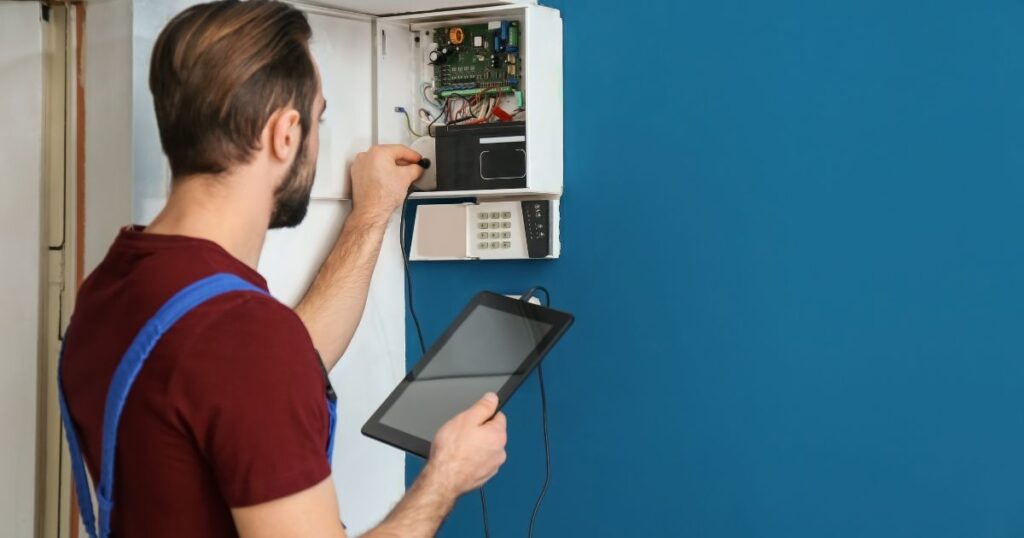
The cost of a pre-purchase home inspection will depend on several factors, including the home’s age, size and condition.
However, the national average cost for a pre-purchase home inspection is $350. Inspection costs can vary based on the region, size of the home, and any additional services requested. In general, home inspections range from $290 to $450. In some areas, inspections can start as low as $195 for small homes or go as high as $1,000 for larger homes or those with additional services.
For most typical two to three-bedroom homes under 2,000 square feet, standard home inspection fees generally range between $350 to $550. Fees tend to increase by about $75 to $150 for each additional 1,000 square feet. Newer construction home inspections may cost slightly more due to advanced building techniques and materials.
The base inspection fee typically covers an inspection of the home’s main structural and mechanical systems. Inspectors will examine the foundation, roof, electrical, plumbing, HVAC, and installed appliances. The inspector will create a report noting any issues found, including recommendations for repairs, replacements, or further evaluation by specialists.
Additional fees for specialized inspections of specific systems like pools, septic systems, or wells may be charged. Fees may also be higher if the home owner requests additional time spent in specific areas of concern. In some markets, the inspection report is charged a separate fee.
Other factors that influence home inspection costs include:
- Number of main floors and bedrooms
- Number of attached garages, outbuildings, pools, etc.
- Age and condition of the home
- Complexity of the mechanical systems
- Whether any specialized equipment or certifications are needed
Does The Home Inspection Come Before The Appraisal?
Home inspection typically comes first in the home-buying process for a good reason. A home inspection allows buyers to thoroughly examine the property before making an offer or completing an appraisal.
During a home inspection, a professional inspector evaluates the home’s major systems and structures for material defects, safety concerns or needed repairs. This includes inspecting the roof, foundations, electrical, plumbing and HVAC systems. The inspection report details any issues found to help buyers determine if they want to proceed with the purchase, negotiate repair credits, or walk away.
The appraisal then uses the home inspection report to accurately determine the property’s market value based on its current condition. The appraiser cannot properly adjust the home’s value without knowing about any defects or needed repairs from the inspection.
So the home inspection provides essential information for an accurate appraisal. The inspection reveals the home’s physical condition, which the appraiser then factors into the property’s market value based on comparable sales.
The home inspection and appraisal help buyers understand a home’s true condition and appropriate purchase price. Many real estate agents recommend scheduling the inspection before completing an offer to ensure all primary issues are identified and negotiable.
Can You Inspect A Home Before Making An Offer?
You can and should inspect a home thoroughly before making an offer, if possible. A pre-offer inspection provides key information to help you determine a fair purchase price and offer terms that protect your interests.
Once you find a home you’re interested in, you can ask the seller if you can have the home professionally inspected before making an offer. Many sellers will agree to this, especially in a slower market. A pre-offer inspection typically only takes a few hours and doesn’t disrupt the home for long.
If the seller refuses a pre-offer inspection, that can be a red flag, and you may want to proceed with caution. At a minimum, you should make any offer contingent on a satisfactory home inspection. That allows you to renegotiate or walk away after a full inspection uncovers any major issues.
Check out:
- What is a Crawl Space Basement?[Answered]
- How to Install a Vapor Barrier in Your Crawl Space
- How to Plan a Tiny Bathroom [10 Tips and Tricks]
What Should I Expect During A Home Inspection?
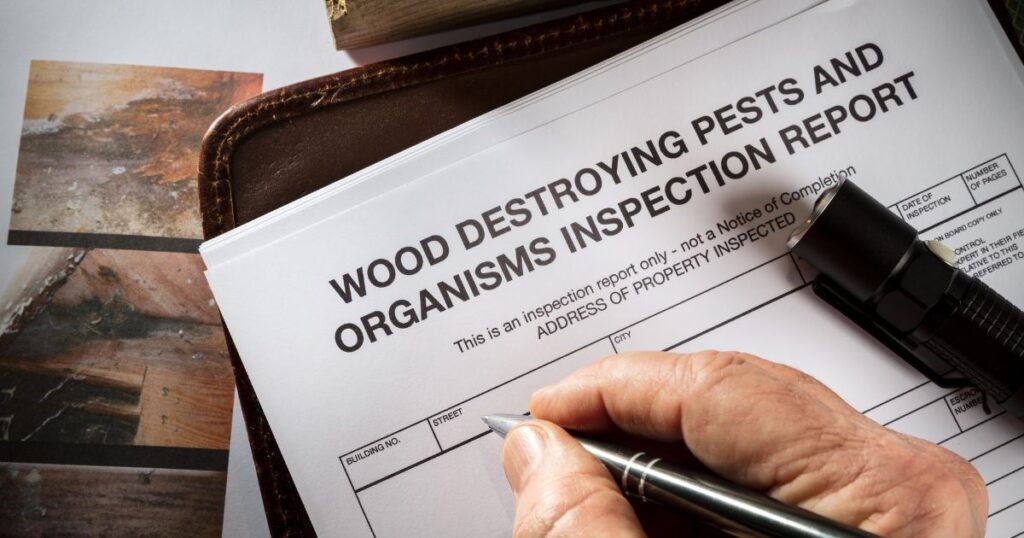
A home seller can expect a thorough but minimally disruptive inspection process. On the inspection day, the inspector will arrive and introduce themselves to the homeowner. They will explain the inspection process and what areas of the home they will evaluate to minimize surprises.
The home inspector will start by walking around the property’s exterior, taking photos, and noting any visible issues. Then they will systematically inspect the interior areas, examining the roof, attic, foundation, floors, walls, windows, doors, electrical and mechanical systems.
During the inspection, the inspector may ask the homeowner questions about the home’s history and any past repairs. The homeowner and occupants will typically vacate the home for the duration to give the inspector full access. The entire inspection usually takes 2 to 4 hours for a typical home.
After the inspection, the inspector will review any major safety or structural issues found with the homeowner. Then they will provide a full written inspection report within 1 to 2 business days. This outlines findings and recommendations for needed repairs or replacement.
A professional home inspection aims to conduct a thorough evaluation while minimizing disruption to the home and homeowner. The home seller should ask any questions they have of the inspector before or during the process to ensure a transparent inspection.
How To Choose The Right Pre-Purchase Home Inspector?
Taking the time to carefully select your home inspector is vital for a thorough inspection and complete assessment. A well-executed home inspection helps uncover any issues early on, saving you time and money down the road. Undetected problems can become costly repairs, so choosing an objective and observant inspector upfront is worth any effort.
Experience and Certifications
Look for certified inspectors from organizations like the American Society of Home Inspectors (ASHI), the National Association of Certified Home Inspectors (NACHI), or InterNACHI. These signify expertise and adherence to industry standards. Also, consider an inspector’s years of experience and the number of inspections performed annually.
Reputation and References
Ask family, friends and real estate professionals for referrals. Check online reviews and ratings. Call previous clients for direct experiences working with the inspector. A good inspector will have a solid reputation to back them up.
Scope of Pre-Purchase Home Inspection
The depth of details covered and components included in the inspection differ by an inspector. Ensure your inspector thoroughly evaluates structural systems, roofing, plumbing, electrical, HVAC, insulation and ventilation, the interiors and more. A comprehensive report is essential to fully uncover any issues.
Cost
Ask for a full breakdown of inspection fees and additional costs. Compare quotes from multiple inspectors to ensure you get good value. Simply going with the lowest price does not guarantee the quality, so compare what each inspector’s fee covers. A higher cost also does not necessarily mean a better inspection, so understand what you’re paying for.
No Affiliation with the Seller
Make sure to inquire whether the inspector has any previous relationship with the home seller, the real estate agent, or the builder. An unbiased third-party inspection is crucial to uncover any material defects honestly. Inspectors with ties to the seller may be reluctant to report all issues thoroughly for fear of jeopardizing the sale. Ensure the inspector’s priority is to serve the home buyer’s interests, which is you.
Schedule a Meet and Greet
When choosing an inspector, consider how well their style and communication approach matches your needs. Take time to meet the inspector beforehand to get a sense of their personality, listening skills and ability to explain findings clearly. You’ll spend several hours together during the inspection.
Conclusion
A pre-purchase home inspection is essential to uncover any material issues that could devalue the home or lead to costly repairs down the line. When selecting an inspector, look for someone with certifications, experience and previous positive references. Consider their inspection scope, cost and any affiliations to the seller involved. Take time to meet the inspector yourself to ensure they are right for you.
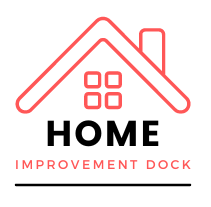
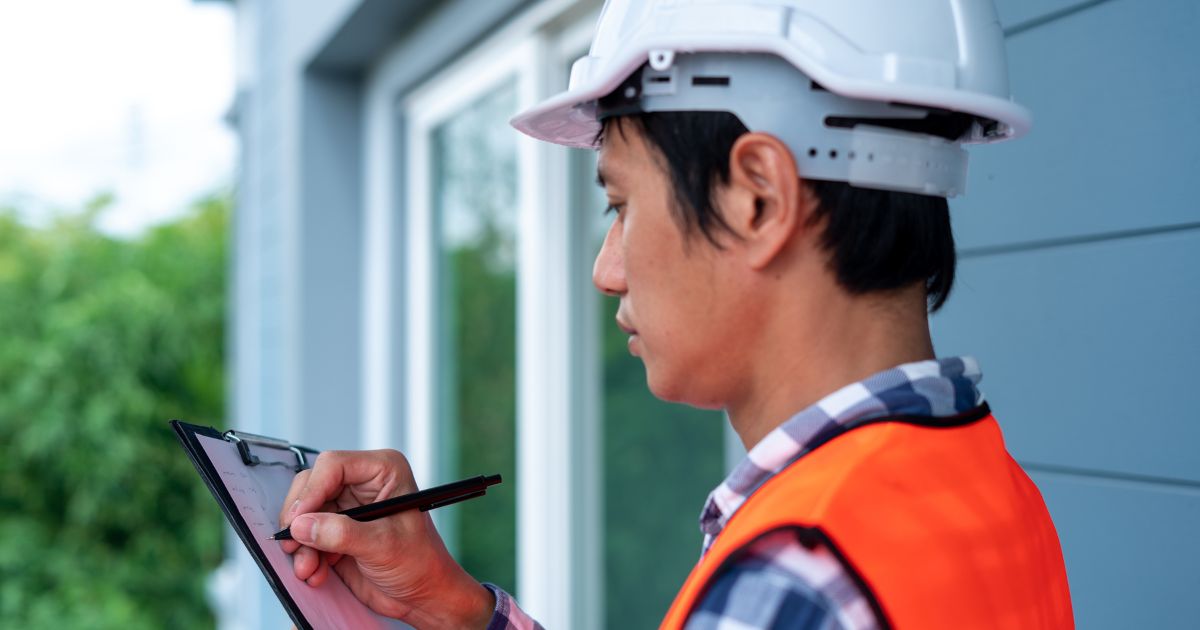

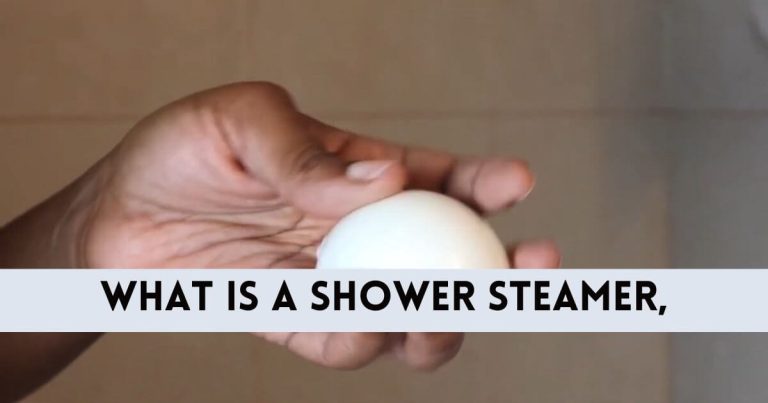

![How Much Does Crawl Space Vapor Barrier Cost? [Answered]](https://www.homeimprovementdock.com/wp-content/uploads/2023/08/How-Much-Does-It-Cost-To-Install-Vapor-Barrier-In-Crawl-Space-Answered-2-768x403.jpg)
